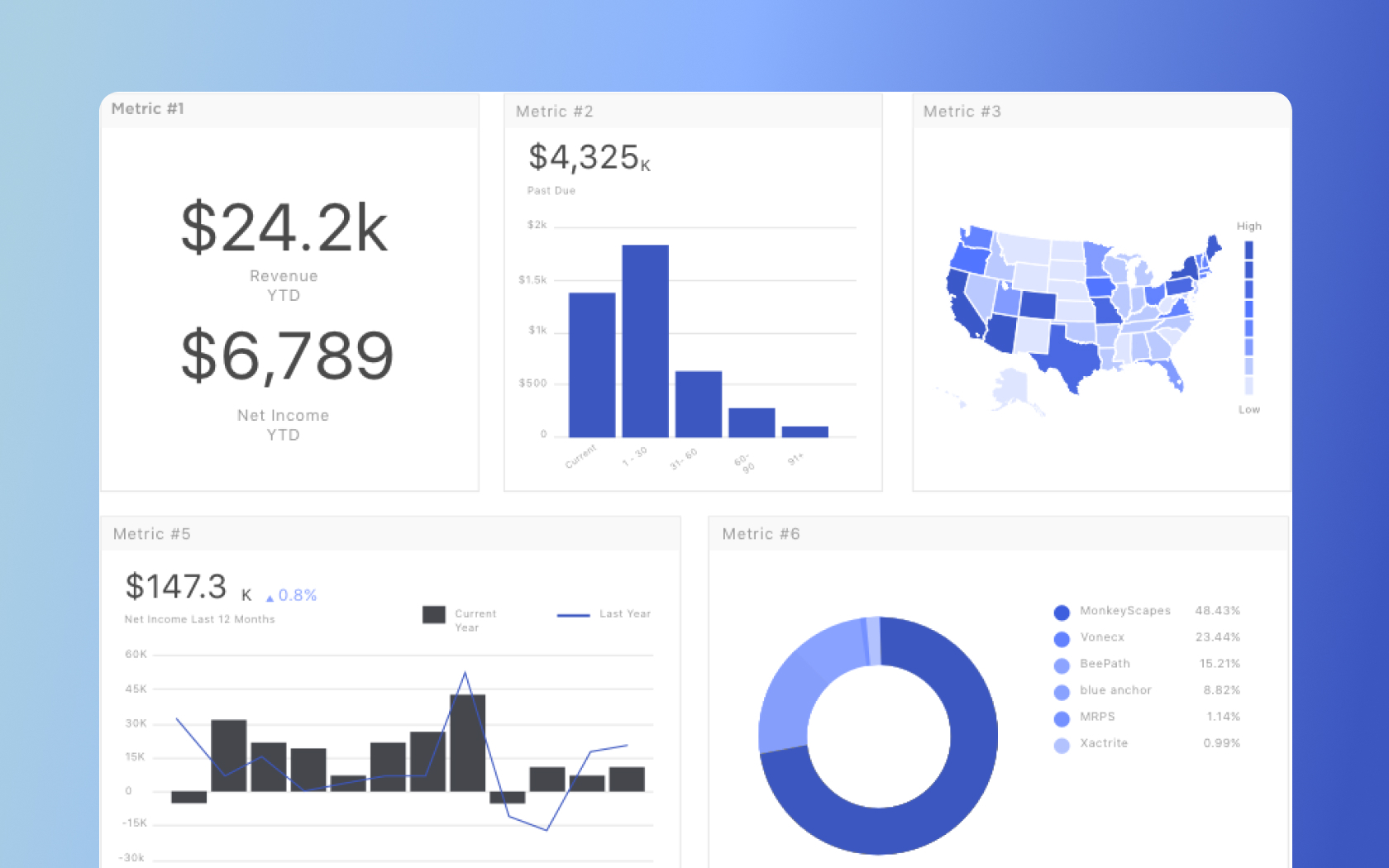In the ever-evolving landscape of modern business, establishing a formidable and efficient operational strategy has become more critical than ever. As companies increasingly turn to data-driven approaches for optimizing their performance, standing out in a competitive market has become a formidable challenge. This is where the strategic implementation of Performance Analytics comes into play, offering businesses a powerful tool to enhance efficiency, drive strategic decision-making, and ultimately improve overall performance.
The Landscape of Business Today
- As of 2024, the business world continues to experience rapid evolution, with an expanding number of companies embracing digital transformation.
- The surge in data-centric strategies has led to a highly competitive environment, making it imperative for businesses to adopt effective Performance Analytics to cut through the complexity.
Understanding Performance Analytics
- Performance Analytics is the cornerstone of operational efficiency, allowing businesses to harness data to drive decision-making and optimize performance.
- This approach involves analyzing various performance metrics, which include financial, operational, and customer-related data, to gain insights into business performance.
- Key components of Performance Analytics include the careful selection of metrics, crafting of data-driven strategies, and precise analysis to drive improvement.
Benefits of Performance Analytics for Businesses
- Enhanced decision-making: Performance Analytics provides deep insights into business operations, enabling informed decision-making.
- Targeted improvements: By analyzing specific metrics, businesses can pinpoint areas needing improvement and focus their efforts effectively.
- Measurable and trackable results: Performance Analytics offers detailed analytics, allowing companies to measure the impact of their strategies and make data-driven adjustments.
- Flexibility and scalability: Businesses can adapt their strategies in real-time based on analytical findings, providing the flexibility to respond to changing market conditions.
Tools and Technologies: Harnessing Data for Business Success
- Dominance of Advanced Analytical Tools: Advanced tools in Performance Analytics, like AI and machine learning algorithms, play a significant role in analyzing complex datasets.
- Exploring a variety of platforms: While certain tools are more prevalent, exploring a range of analytical tools can offer different perspectives and insights into business performance.
Building a Successful Performance Analytics Strategy
- Thorough metric selection and analysis: The foundation of a successful strategy lies in identifying and analyzing the most relevant and impactful metrics.
- Crafting data-driven strategies: Developing strategies based on analytical insights is crucial for effective performance improvement.
- Setting realistic goals and benchmarks: Establishing achievable targets and benchmarks is key to measuring success and guiding progress.
Overcoming Common Challenges
- Managing data quality and integrity: Ensuring the accuracy and reliability of data is a common challenge that requires strategic management.
- Adapting to changes in market and business dynamics: Staying agile and responsive to changes in the business environment is crucial for sustaining the effectiveness of Performance Analytics.
Best Practices for Long-Term Success
- Regular monitoring and optimization of strategies: Continuous review and refinement of analytical strategies are essential for long-term success.
- Embracing a culture of data-driven decision-making: Fostering a company culture that values and utilizes data insights is key to embracing the full potential of Performance Analytics.
- A/B testing and continuous improvement: Regularly testing different approaches and strategies allows businesses to continuously refine and enhance their performance.
- Staying informed on industry trends and advancements: The field of Performance Analytics is dynamic, with continuous advancements in tools and methodologies. Keeping abreast of these changes ensures that businesses remain competitive and effective.
Conclusion
In conclusion, Performance Analytics is not just an option; it’s a necessity for the sustained growth and efficiency of businesses in today’s data-driven world. By leveraging the benefits of insightful data analysis, targeted improvements, and measurable results, companies can navigate the complexities of the modern business landscape with confidence. The environment may be challenging, but with a well-crafted Performance Analytics strategy, businesses can thrive and achieve long-term success. As we move forward, the key lies in adaptation, innovation, and a strategic embrace of the ever-evolving world of Performance Analytics.
